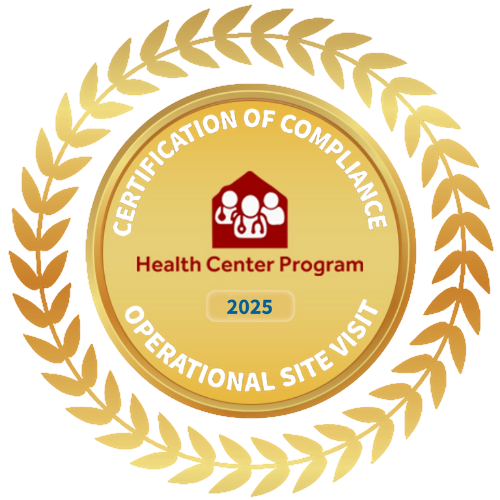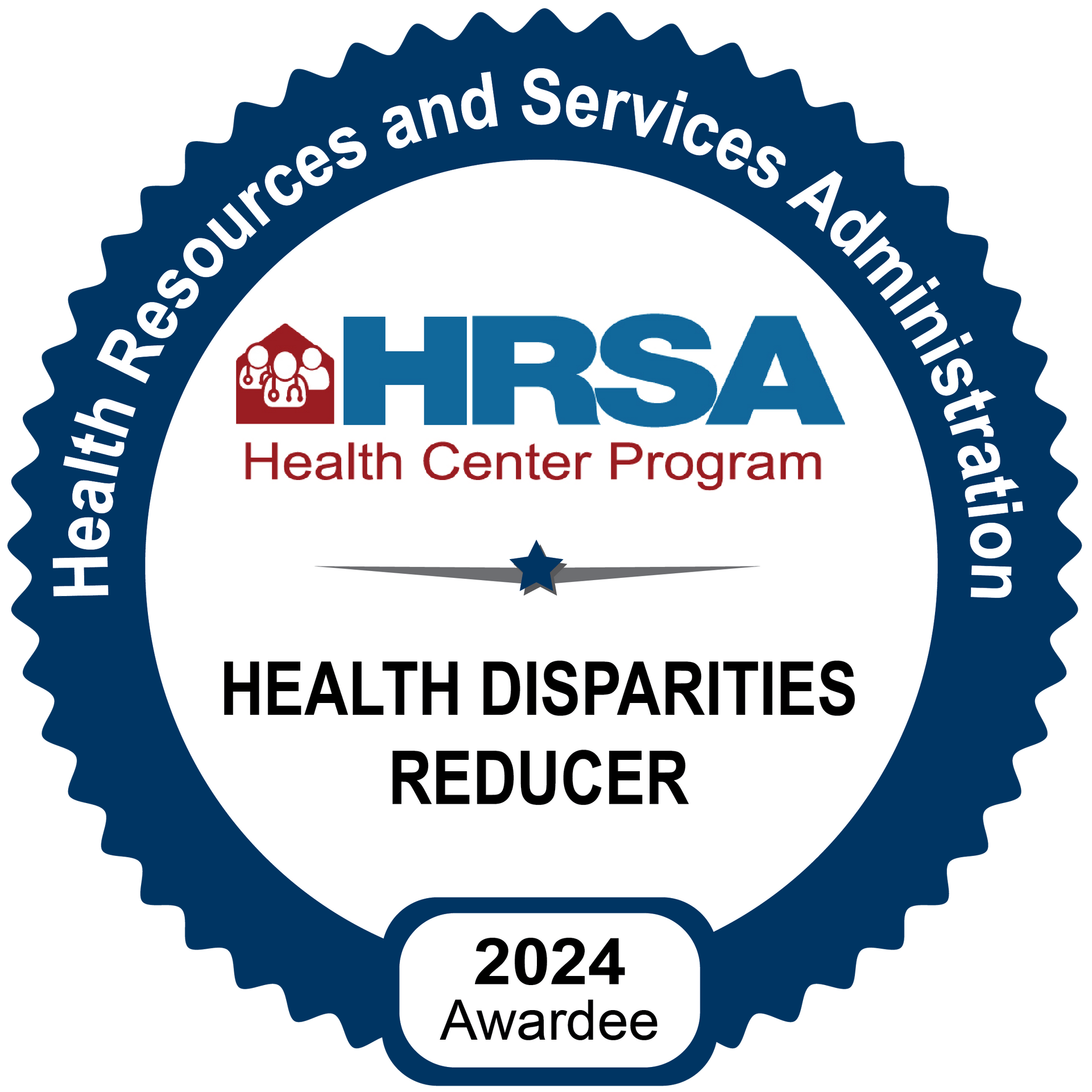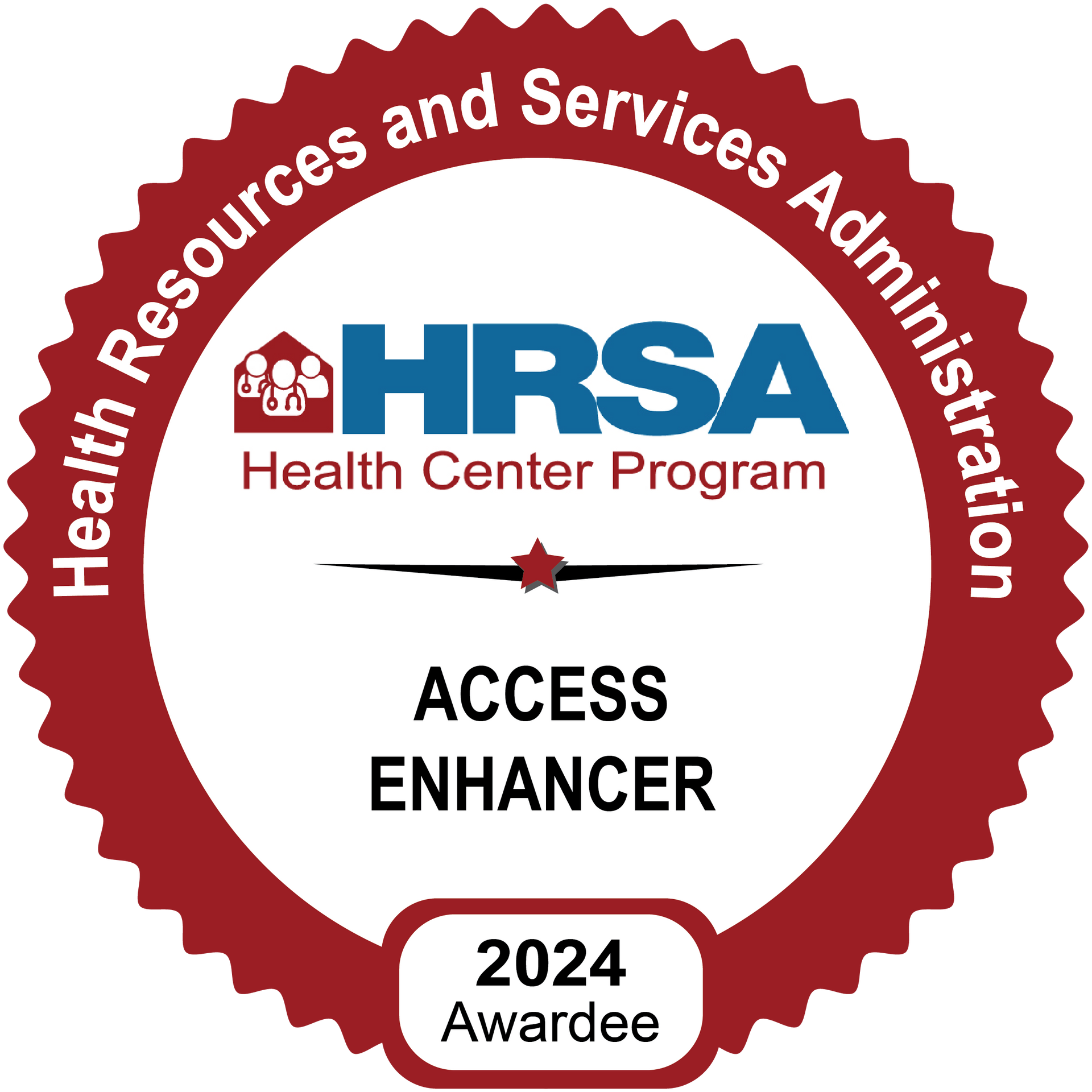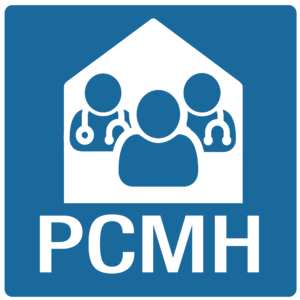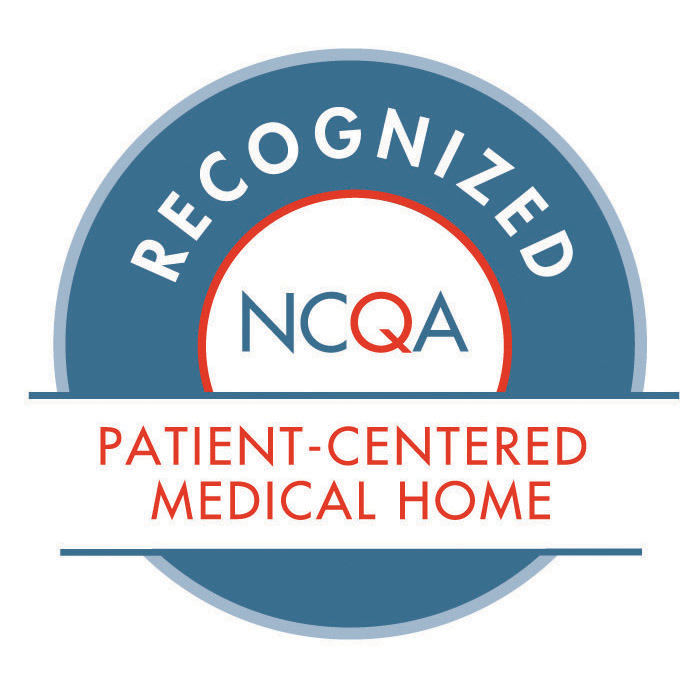Central Jersey Medical Center Recognizes National Diabetes Awareness Month
Central Jersey Medical Center Recognizes National Diabetes Awareness Month
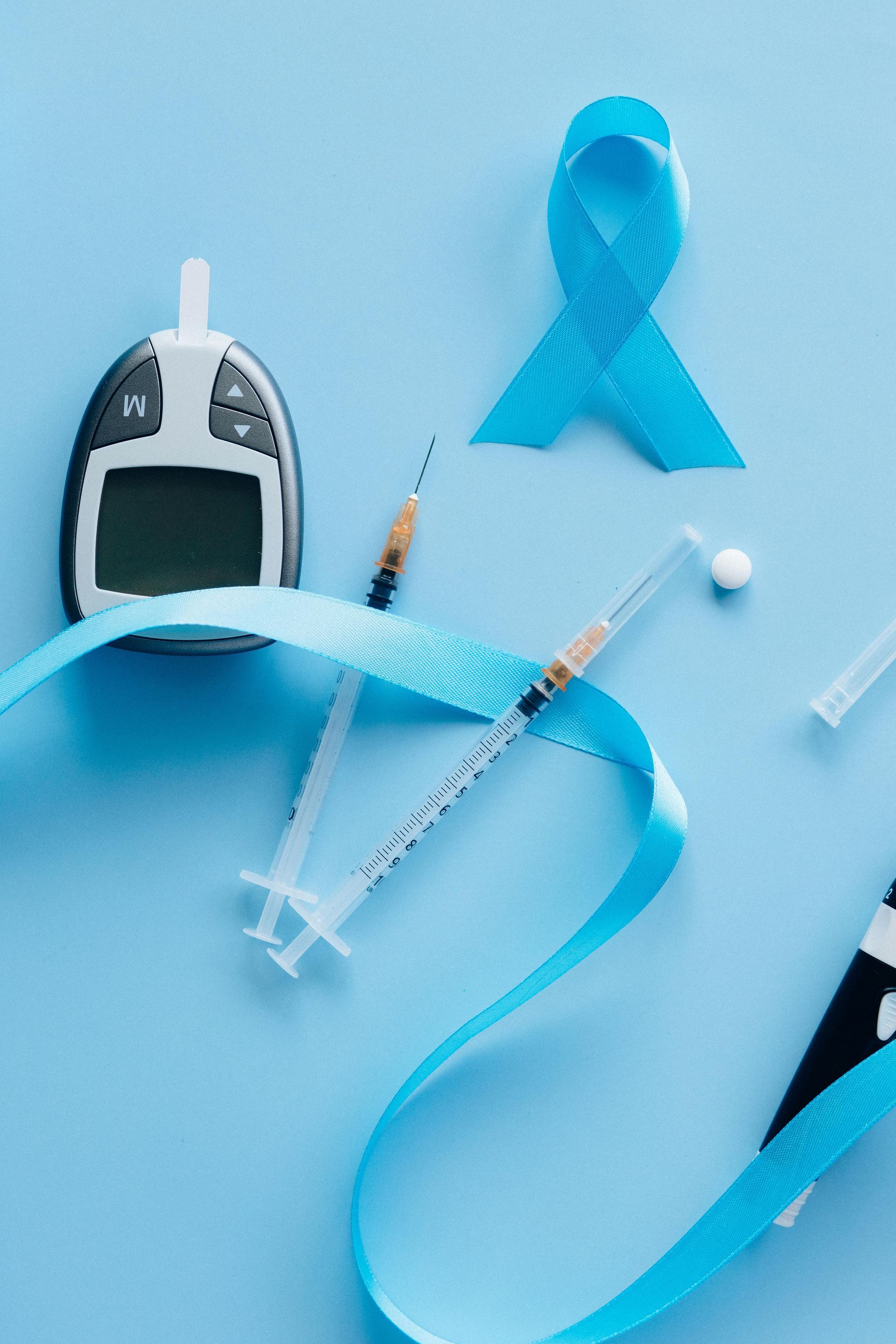
In November our communities come together to recognize National Diabetes Awareness Month; a time to increase understanding about diabetes, support those living with the disease, and encourage prevention through education and a healthy lifestyle.
About Diabetes
Diabetes is a chronic condition that affects how your body converts food into energy. Normally, your body breaks down most of the food you eat into glucose and releases it into your bloodstream. When blood sugar rises, your pancreas releases a hormone called insulin. This hormone helps move glucose into your cells to use for energy.
If you have diabetes, either your body does not make enough insulin or cannot use it effectively. If diabetes is left untreated, it can lead to serious health issues such as heart disease, kidney failure, vision loss, and nerve damage.
The most common types of diabetes are:
· Type 1: Usually diagnosed in children or young adults where the body does not produce insulin.
· Type 2: The most common type where the body does not use insulin properly often linked to lifestyle and genetics.
· Gestational Diabetes: Develops during pregnancy and usually goes away after childbirth but the risk of developing Type 2 later in life increases.
According to the Centers for Disease Control there are more than 38 million Americans living with diabetes, and approximately 1 in 5 do not know they have it. Nearly 100 million adults have prediabetes, a condition where blood sugar levels are higher than normal but not yet high enough to be diagnosed as diabetes.
Awareness is an important step and the Central Jersey Medical Center provides services to help you. When diabetes is managed properly, individuals can live long, healthy, and active lives.
If you are at risk or have been diagnosed with diabetes, small and consistent changes can make a big difference.
There are steps you can take to evaluate your risk including visiting CJMC to have your blood sugar, blood pressure, and cholesterol levels tested.
Eating balanced meals containing whole grains, fruits, vegetables, and lean proteins, along with limiting heavily processed foods. Keeping active and striving for at least two hours of moderate physical activity each week.
Maintaining a healthy weight because even modest weight loss can improve blood sugar levels.
CJMC can help those living with diabetes or those who are at risk of developing diabetes through these services in their Endocrinology Department:
· Obesity
· Weight Management Program
· Diabetes Management
· Thyroid Disease Management
· Adrenal Insufficiency
· Insulin Pumps and Continuous Glucose Monitoring
· Diabetes Education and Management
Contact CJMC today by calling 732-376-9333 for an appointment to evaluate your risk for diabetes.










